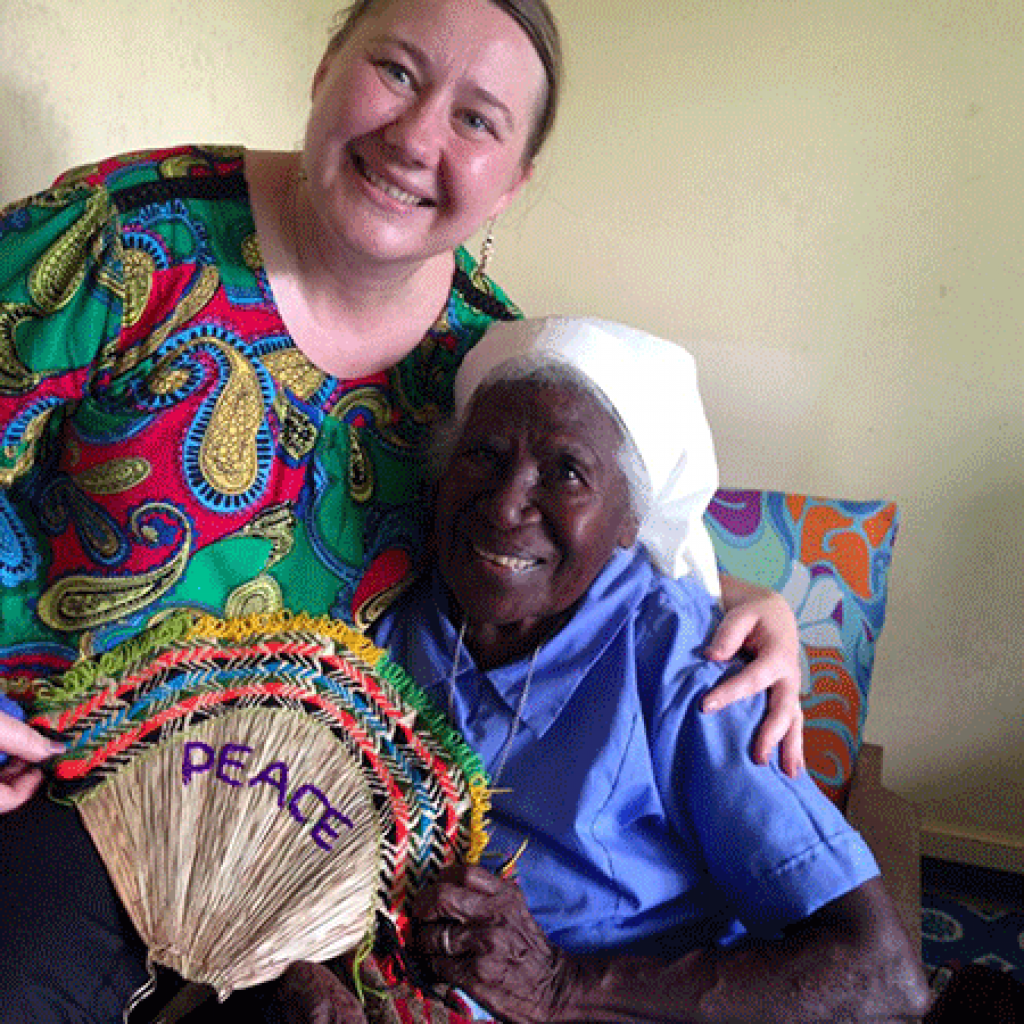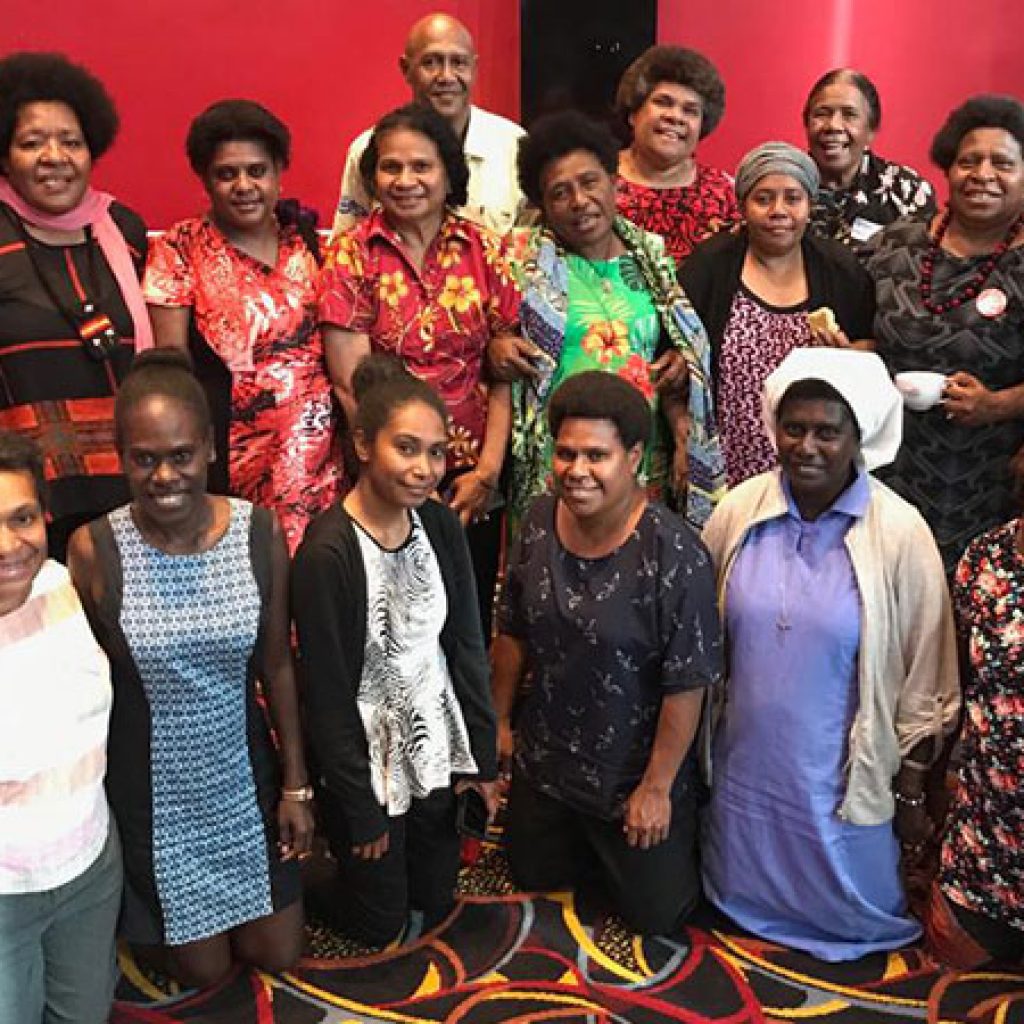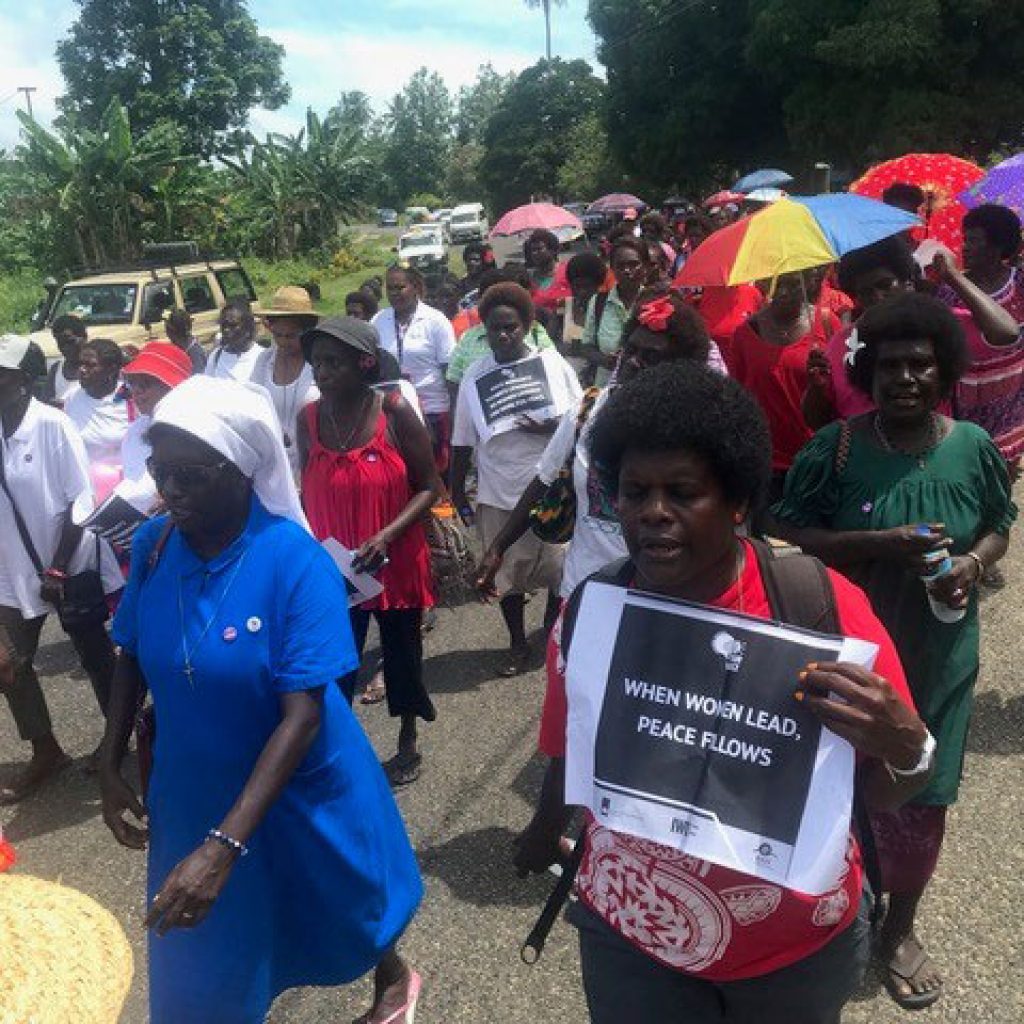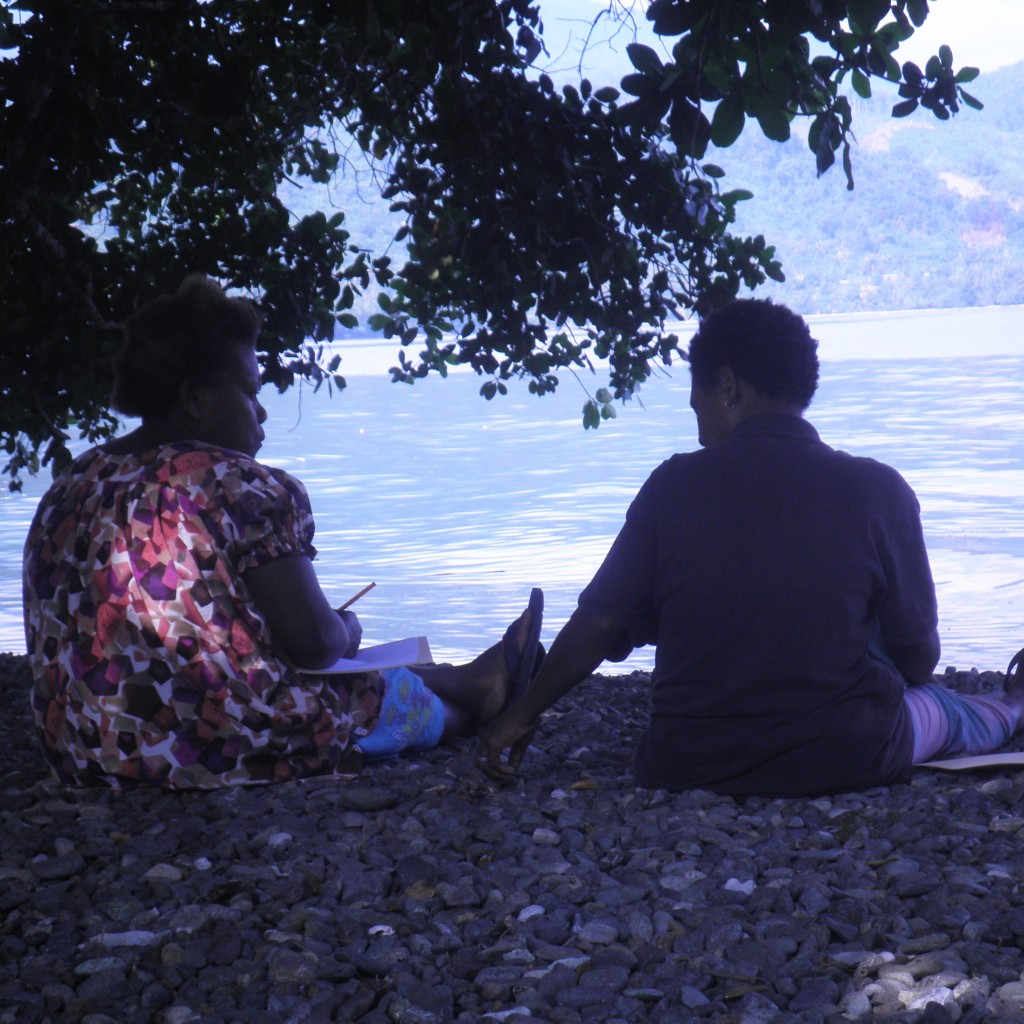
Does climate change affect us all the same?
The global community increasingly acknowledges climate change and the destruction of natural environments as global human rights issues. Reduced access to water, disruptions to agriculture and destruction and loss of land affect people across the world. But the disadvantage that women face in societies, including their increased likelihood of living in poverty, means they are disproportionately affected.
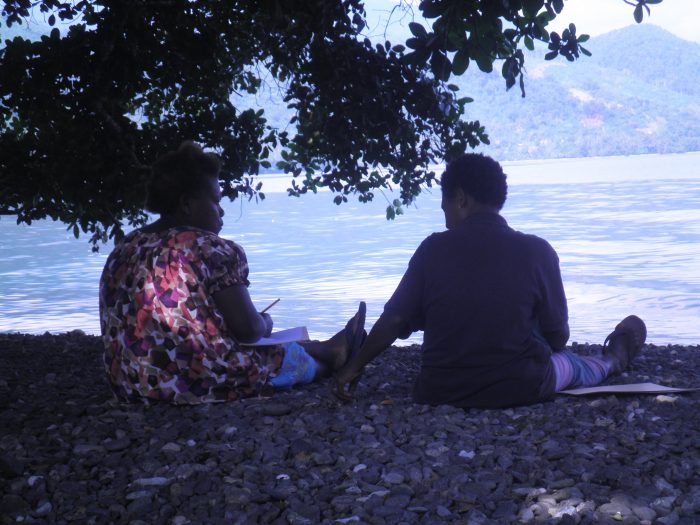
The global community increasingly acknowledges climate change and the destruction of natural environments as global human rights issues. Reduced access to water, disruptions to agriculture and destruction and loss of land affect people across the world. But the disadvantage that women face in societies, including their increased likelihood of living in poverty, means they are disproportionately affected.
The UN acknowledges barriers to women’s participation in key decision making, as well as their general economic disadvantage, as challenges that multiply environmental effects on women. Socioeconomic and cultural factors also mean that women can have a reduced capacity to adapt and respond to environmental issues.
Sourcing of drinking water falls on women’s shoulders
In 63% of rural households worldwide, women are tasked with sourcing drinking water for their families. With the increased prevalence of drought and flooding, finding access to clean water has become more difficult than ever. This puts added pressure on women and girls, with many having to travel longer and farther to access clean water. This can increase their exposure to violence and takes time away from education and other important work.
Women more reliant on agriculture as work
Women farmers account for between 45% and 80% of food production worldwide, with agriculture often being one of the few income sources available to women. This means that in the event of natural disasters, loss of land or water shortages, women are at risk not only of food scarcity but loss of income.
Women excluded from land discussions
While women are often excluded from land ownership, they are often still shut out from discussions in areas where they do have a traditional stake. East Pomio in Papua New Guinea is one example of this. Traditionally, land custodianship is matrilineal, passed down from generation to generation via women. But as the economy in PNG changes, women are increasingly being excluded from decision-making that impacts their communities. Large-scale oil palm plantations, logging and sea-bed mining have huge impacts on both the current and future health of the people of these communities, particularly for women.
Correcting the gender balance in climate issues
Gender inequalities run deep, and there is no quick fix to correcting the disproportionate impact climate change and other environmental shifts have on women. Wide Bay Conservation Association is one group trying to change this. Wide Bay Conservation Association aim to increase women’s visibility and voice in awareness-raising and decision-making about their natural resources.
This year IWDA is supporting Wide Bay Conservation Association via fundraisers such as Run Melbourne. Funds raised will support women to have an equal part in decision-making and take on leadership roles in their communities. Every dollar raised will support their critical work.
Join or support team IWDA in Run Melbourne.
Not in Melbourne? Find an event in your city to support Wide Bay Conservation Association.
